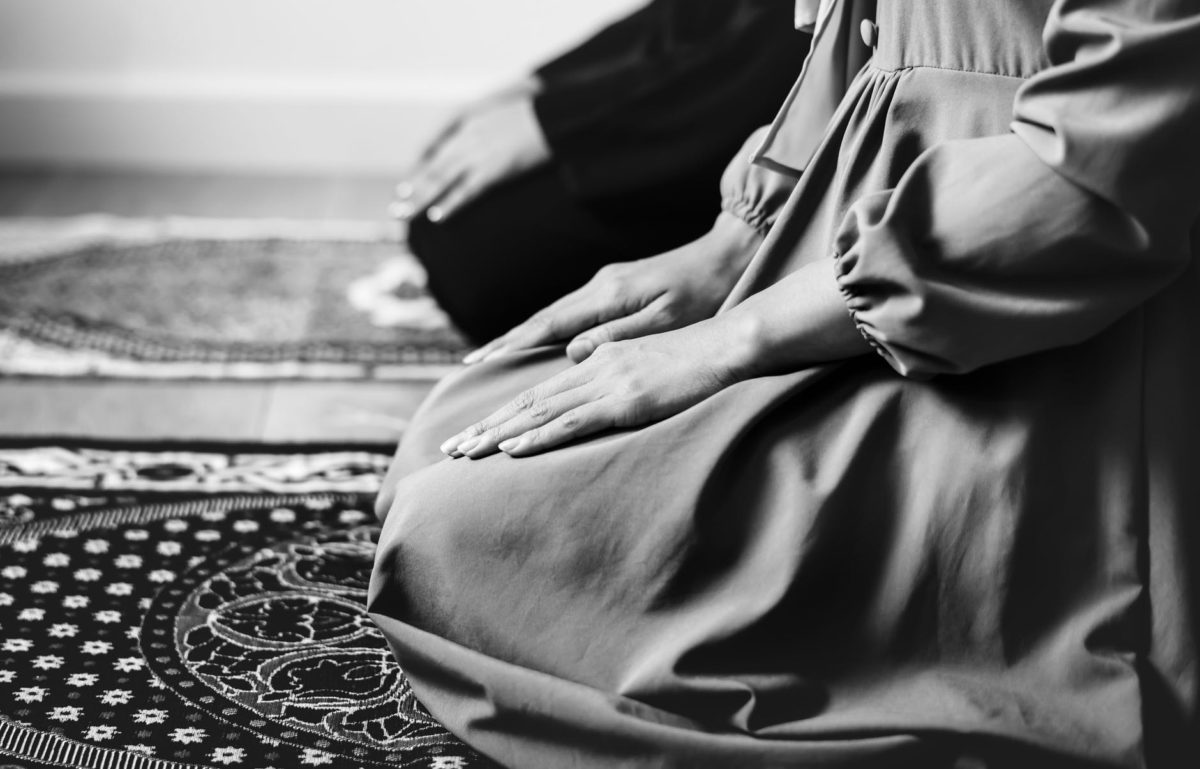Last night I saw the play, At Her Feet, for the third time, since its opening in 2002. This is the 13th run of the play which was written and directed by Capetonian Nadia Davids and performed by another Capetonian, Quanita Adams, for whom she originally wrote the play.
Essentially the play is about the stories of four Muslim women in Cape Town a year after the bombing of the Twin Towers in New York and, as such, it brilliantly brings to life the stories of ordinary women in Cape Town and the effect of the global incident and its repercussions for Muslims everywhere.
The play starts, though, with the honour killing of a Jordanian girl, plunging us straight into questions of race, religion, culture and gender, which run throughout, coming full circle to end with the lamentations of the dead girl’s mother. This theme also provides the background for Auntie Kariema’s poignant realisation of her own link to the dead girl through her experiences as a young child who had lost her mother.
The portrayal of four very different characters – the young Muslim narrator, the slam-dunk poet, the middle-aged ‘Malay’ auntie and the newly-married Indian-Muslim woman – is so real that I could recognise each one of them.
Each time I have seen the play, it has resonated anew with me, but last night’s performance echoed so many of the themes in my research and, ultimately, is representative of Cape Town, and South Africa, as a whole because of its reflection of the legacy of slavery. This 200-year old heritage was intimately connected to Islam and had a fundamental impact not only on the city but on the country. As such it speaks to a much larger audience and its central themes raise questions of complicity of racism and bias while at the same time offering an empathetic window into a way of life and invites us to find our commonalities rather than our differences.
Last night was special, too, because it was a fundraiser for The Sunflower Centre at Zonnebloem School and Davids, as an alumnus, had donated the performance of the play for that purpose. I was invited by Zephne Ladbrooke of The Otto Family Foundation, who I had met in the car park at a shopping mall earlier this year. I had approached her because of the poster advertising the centre on her car, which led me back to my old school. Accompanying me was Trudy Rushin who I had met when we were pupils at Zonnebloem School for Girls and with whom I had lost contact until recently. So, it was extra special because of connections on so many levels that had not been made when I last saw the play. Life seems to move in circles…
The play, a one-woman, one-act performance, employs music, poetry and dance to bring its characters inside your head until you want to weep and laugh with each character (the small Golden Arrow studio at The Baxter Theatre serves to take you almost right onto the stage with Adams) grappling with the very complicated relationships and questions which they conjure up.
[The play takes its name from the hadith, Paradise lies at the feet of thy mother. A hadith, or saying, is a teaching which guides the behaviour of Muslims. Apart from honouring the role of all mothers it also emphasises the importance of women in society.]
The play is on at The Baxter Studio until 8 December. Do go and see it.
